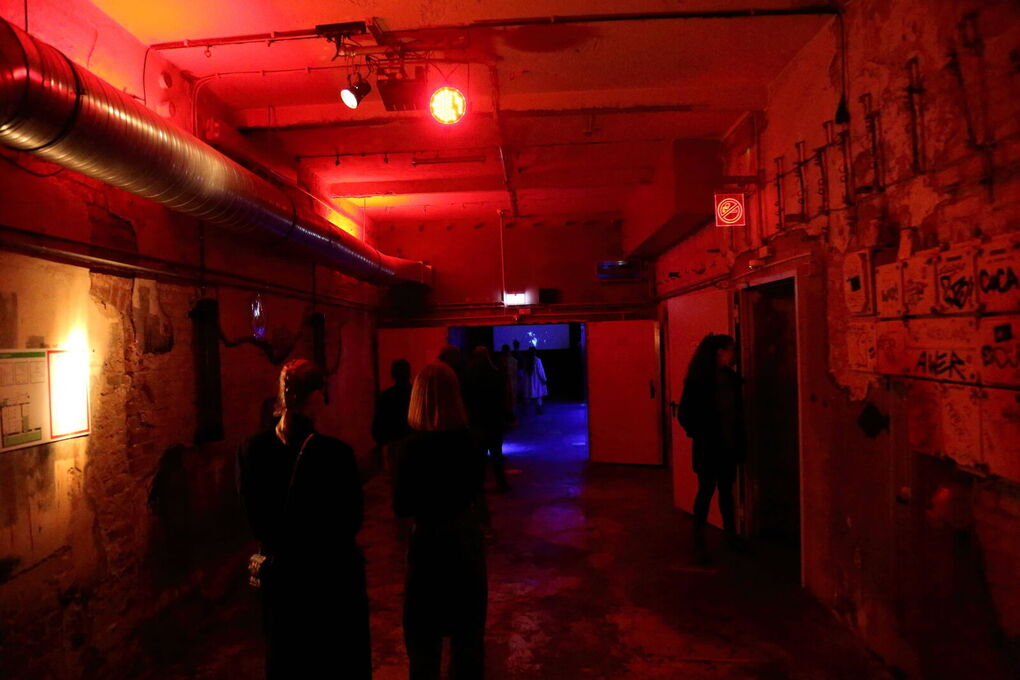Sustainability and Clubbing – How Can Clubs Reduce Their Carbon Footprint?

The Clubtopia is a project based in Berlin that works on sustainability and climate issues within Berlin’s club scene. They promote green clubbing and help clubs reduce their environmental footprint by offering consultancy services and organising round tables together with sustainability and nightlife experts. They also publish a Green Club Guide, a guideline for clubs to reorganise themselves when making the change to green.
Clubtopia turns the statement “dance like there is no tomorrow” around and asks the scene to reflect on its carbon footprint. The club Schwuz in Neukölln is one of the clubs that underwent an extensive reorganising in this regard. In an article published in nd-aktuell this reorganisation and its effects are explained in detail.
“The club scene does not have a particularly rosy CO2 footprint, so there is a great need for adjustment” the article goes, especially considering the city’s aim to become climate neutral by 2045, according to the Berlin Senate. As progressive pockets within our cities clubs are “addressing the urgent questions of sustainability and ecology in the worsening climate crisis”.
Schwuz first took part in the energy consultancy service five years ago. Although the operators of the club state that making the change was a “mountain that seemed insurmountable” in the beginning, it was broken down to smaller steps and today Schwuz has reduced its carbon footprint exponentially. It achieved this by installing LED lamps, urinals without flushes, aerators for the sinks, getting rid of the refrigerators that were not frequently used, separating the trash and changing their drink suppliers to a local one. Changing its electricity providers proved to be the change with the biggest impact. By switching to green electricity Schwuz saw a reduction over 90 per cent of its CO2 production.
